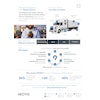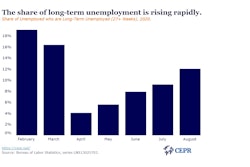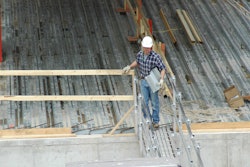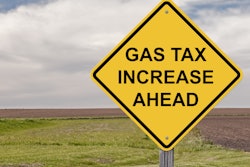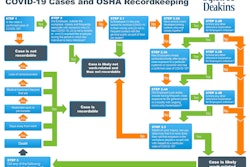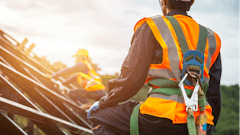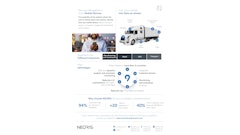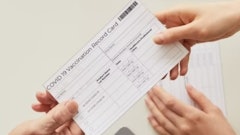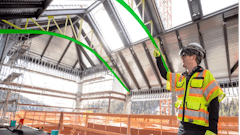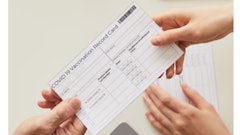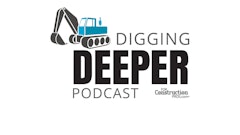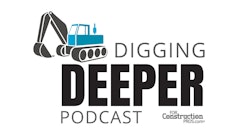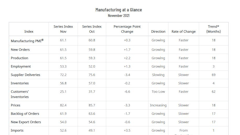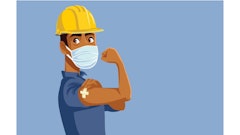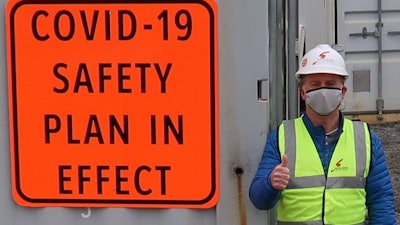
The Construction Industry Safety Coalition (CISC), comprised of over two dozen trade associations, has again updated its recommended COVID-19 Exposure Prevention, Preparedness & Response Plan for the construction industry. While most states require such a plan, response plans are critical to ensure employee health, safety and well-being.
The updates to the plan include recommendations to wear a face covering in situations where it is mandated by state or local rule or workers must, or are likely to, work in proximity of six (6) feet from other employees.
The CISC says that a face covering is considered a cloth, bandana, or other type of material that covers a person’s nose and mouth. Five general criteria for “cloth face coverings” are that the face covering should:
- fit snugly against the side of the face and be secured under the chin;
- be secured with ties or ear loops;
- include multiple layers of fabric;
- allow for breathing without restriction; and
- be able to be laundered and machine-dried without damage or change to shape.
For further information, the CDC has issued guidance on how to wear, take off, and wash reusable face coverings.
Use of a face covering is not a substitute for the important workplace preventative technique of maintaining six (6) feet of physical distance from others.
COVID-19 Symptoms & Exposure Plan
Employees must familiarize themselves with the symptoms of COVID-19 and be diligent in staying home if they do not feel well. Symptoms include:
- Coughing;
- Fever or chills;
- Shortness of breath, difficulty breathing;
- Fatigue;
- Muscle or body aches;
- Headache;
- New loss of taste or smell;
- Sore throat;
- Congestion or runny nose;
- Nausea or vomiting; and
- Diarrhea.
The CISC says that If an employee exhibits COVID-19 symptoms and thinks he or she may have COVID-19, the employee must remain at home and not report to work until: (1) at least 24 hours (1 full day) have passed since recovery; and (2) at least ten (10) days have passed since symptoms first appeared. To the extent practical, employees are required to obtain a doctor’s note clearing them to return to work.
If the employee’s symptoms can be attributed to another cause (e.g., asthma, allergies, stomach flu, etc.), employees may return to work earlier than the above timeline prescribes, however such employees are required to obtain a doctor’s note clearing them to return to work.
Employees that test positive for COVID-19 will be directed to self-quarantine away from work. Employees that test positive and are symptom free may return to work when at least ten (10) days have passed since the date of his or her first positive test, and have not had a subsequent illness. Employees that test positive and are directed to care for themselves at home may return to work when: (1) at least 24 hours (1 full day) have passed since recovery; and (2) at least ten (10) days have passed since symptoms first appeared. Employees that test positive and have been hospitalized may return to work when directed to do so by their medical care provider. The Company will require an employee to provide documentation clearing their return to work.
The template also includes a training checklist, a toolbox talk, an employee notification form, screening tools and other important documents and information. Read more about the asphalt road construction industry's suggested practices for preventing the spread of COVID-19 by visiting the National Asphalt Pavement Association's Preventing the Spread and Additional Best Practices for the Asphalt Industry pages.


